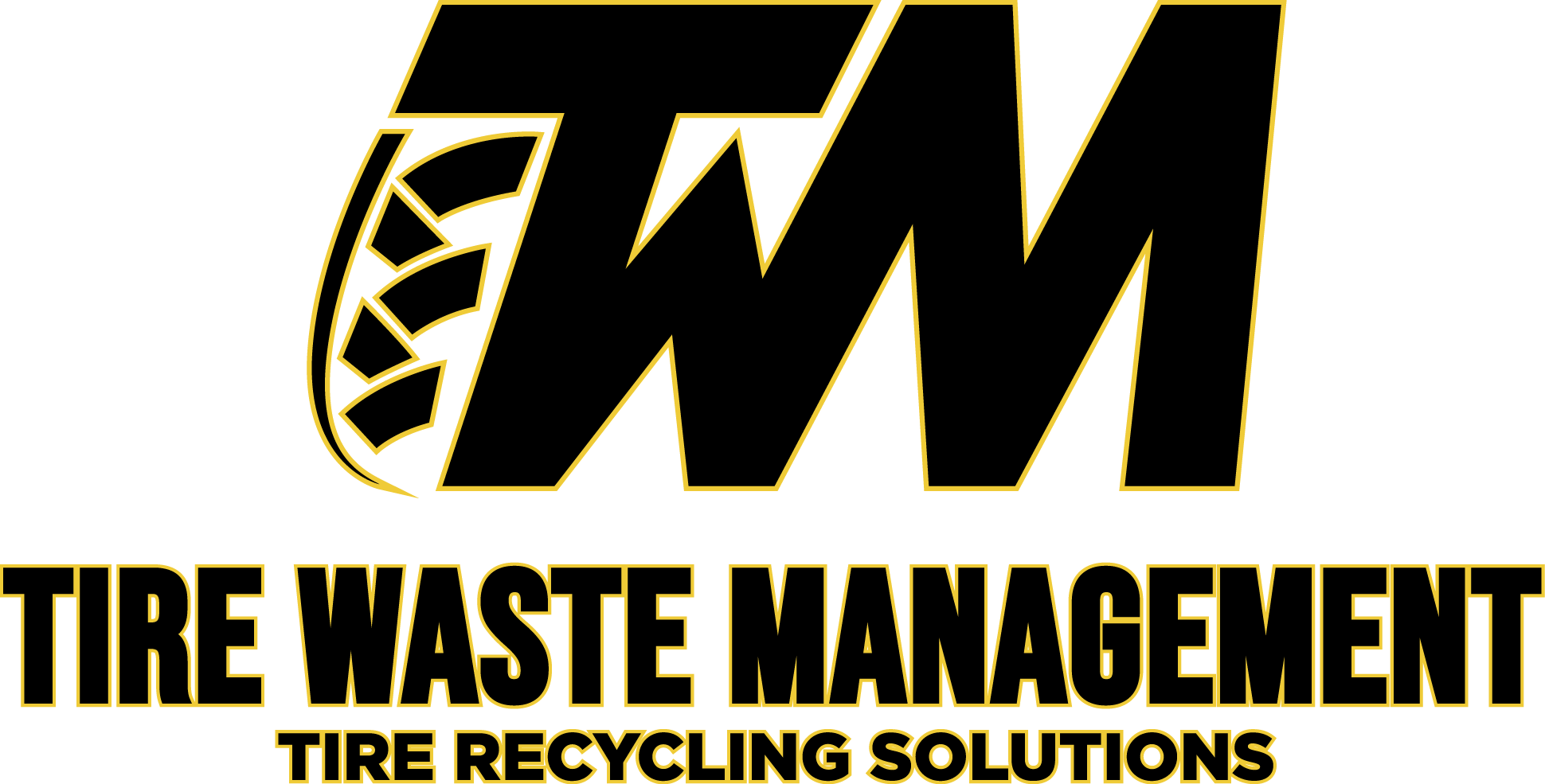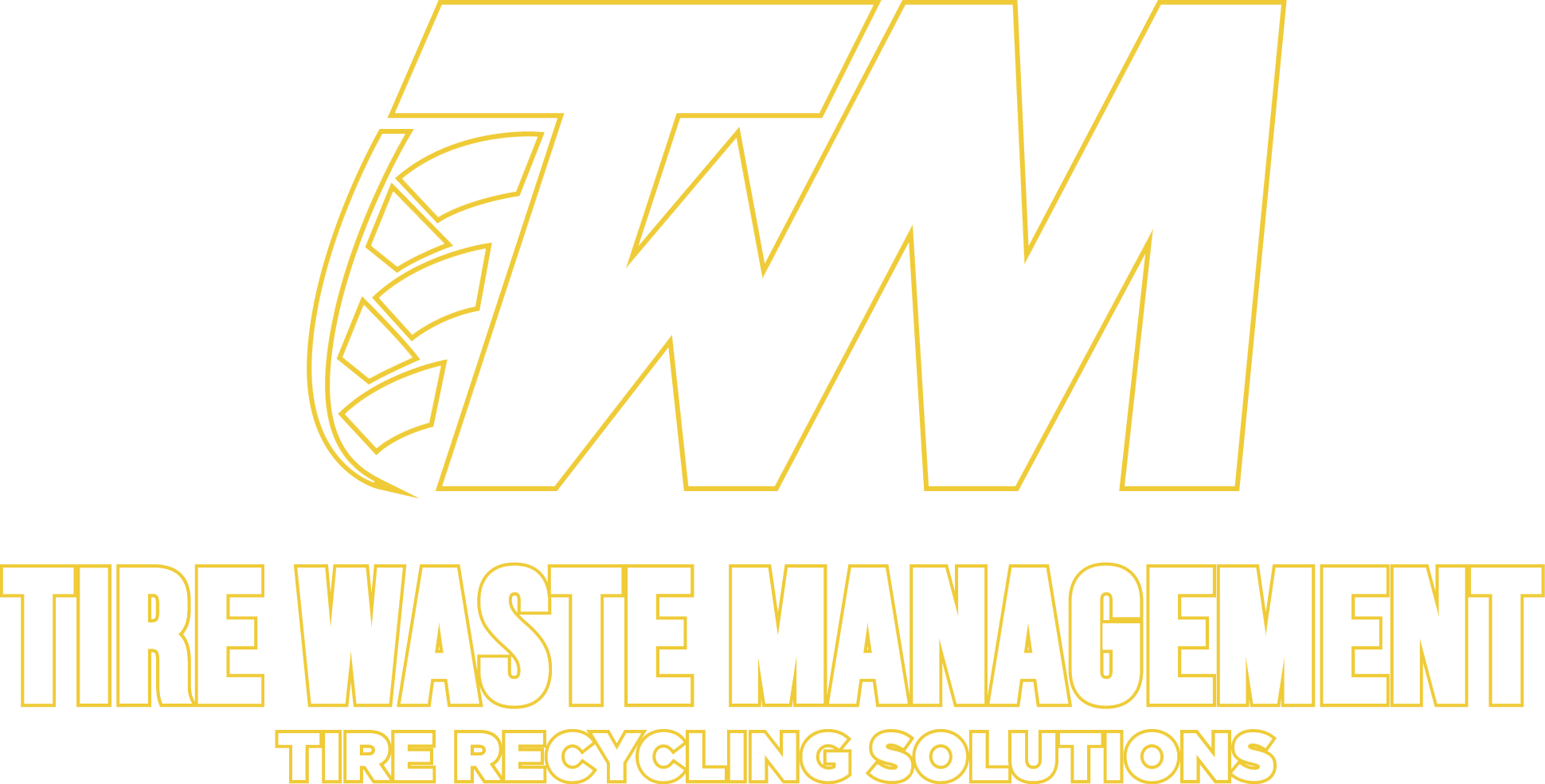Tires Don’t Retire Here

Tire Waste Management was born to fix a broken system. We don't patch. We rebuild. From outdated rubber waste practices to greenwashed half-measures, everything the industry did wrong, we’re doing right.
No One Talks About
Each year, over 1 billion scrap tires are produced, and most are not recycled responsibly. Instead, they’re dumped in landfills, abandoned lots, or illegal sites, creating long-term threats to the environment and public health.
The Studio
No One Talks About
Sustainability
Each year, over 1 billion scrap tires are produced, and most are not recycled responsibly. Instead, they’re dumped in landfills, abandoned lots, or illegal sites, creating long-term threats to the environment and public health.


Recycling. Reinventing. Renewing.
Our Solution
We’re here to do things differently.

At Tire Waste Management, we turn a dirty problem into a cleaner solution. Our focus is on real sustainability, smart systems, and making sure no tire goes to waste.

We don’t just collect and recycle—we rethink the entire process. From how tires are picked up to how they’re broken down and reused, every step is designed to reduce impact and create value.

We’re not following the industry—we’re raising the standard. With better processes, better results, and a mindset built on change, we’re leading the way forward in tire recycling.
Capturing Moments, Telling Stories

We’re not following the industry, we’re raising the standard. With better processes and a mindset built on change, we’re leading the way forward in tire recycling.
Capturing Moments, Telling Stories
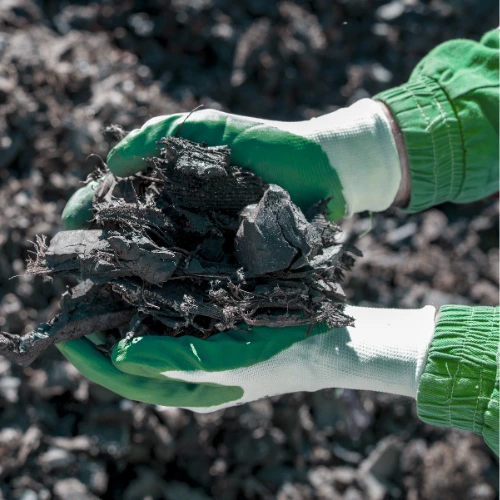
We don’t just collect and recycle, we rethink the entire process. From how tires are picked up to how they’re broken down and reused, every step is designed to reduce impact.
Capturing Moments, Telling Stories
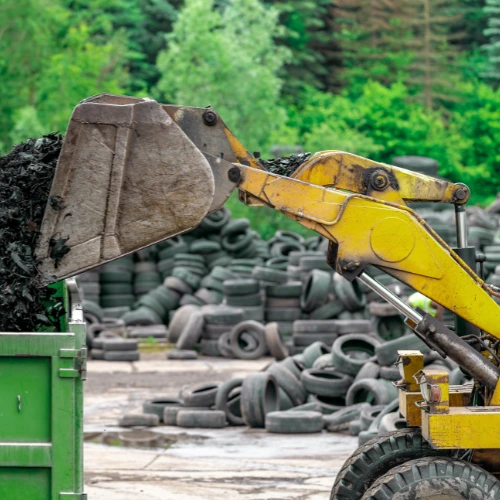
At Tire Waste Management, we turn a dirty problem into a cleaner solution. Our focus is on real sustainability, smart systems, and making sure no tire goes to waste.
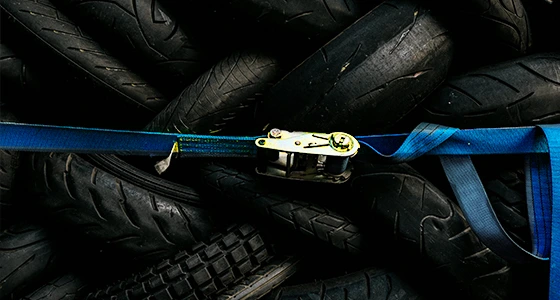
We’re not following the industry, we’re raising the standard. With better processes and a mindset built on change, we’re leading the way forward in tire recycling.
We don’t just collect and recycle, we rethink the entire process. From how tires are picked up to how they’re broken down and reused, every step is designed to reduce impact.
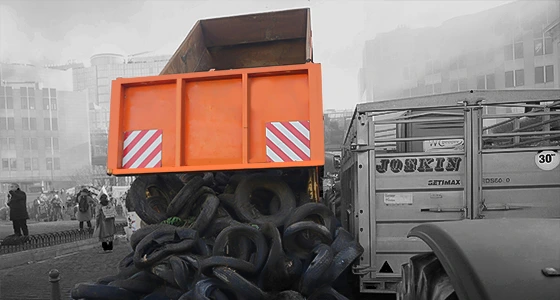

At Tire Waste Management, we turn a dirty problem into a cleaner solution. Our focus is on real sustainability, smart systems, and making sure no tire goes to waste.
What We Save
By Recycling Rubber
By Recycling Rubber
● 1 ton of recycled rubber = 1.3 tons of CO₂ emissions avoided
● Saves 50 gallons of oil per ton processed
● Prevents soil contamination and waterway pollution
● Reduces mosquito-borne disease zones by up to 90% in cleared areas

What We Save By Recycling Rubber
1 ton of recycled rubber = 1.3 ton of CO2 emissions avoided.
Saves 50 gallons of oil per ton processed.
Reduces mosquito-borne disease zones by up to 90% in cleared areas.
Prevents soil contamination and waterway pollution.
